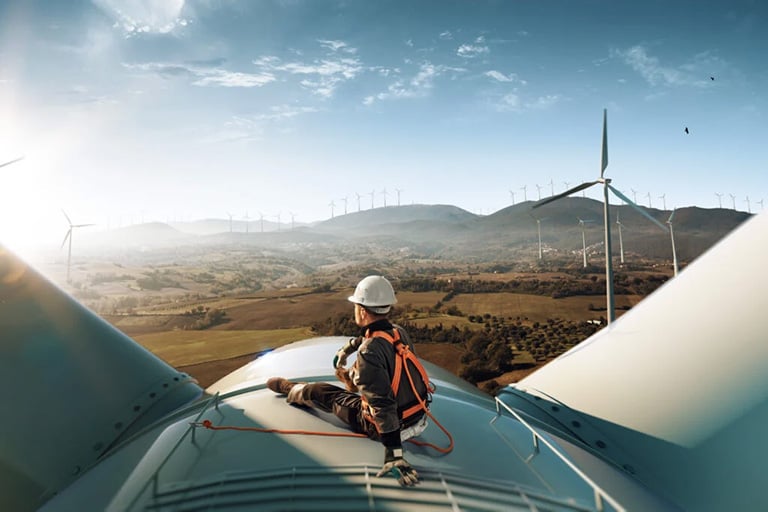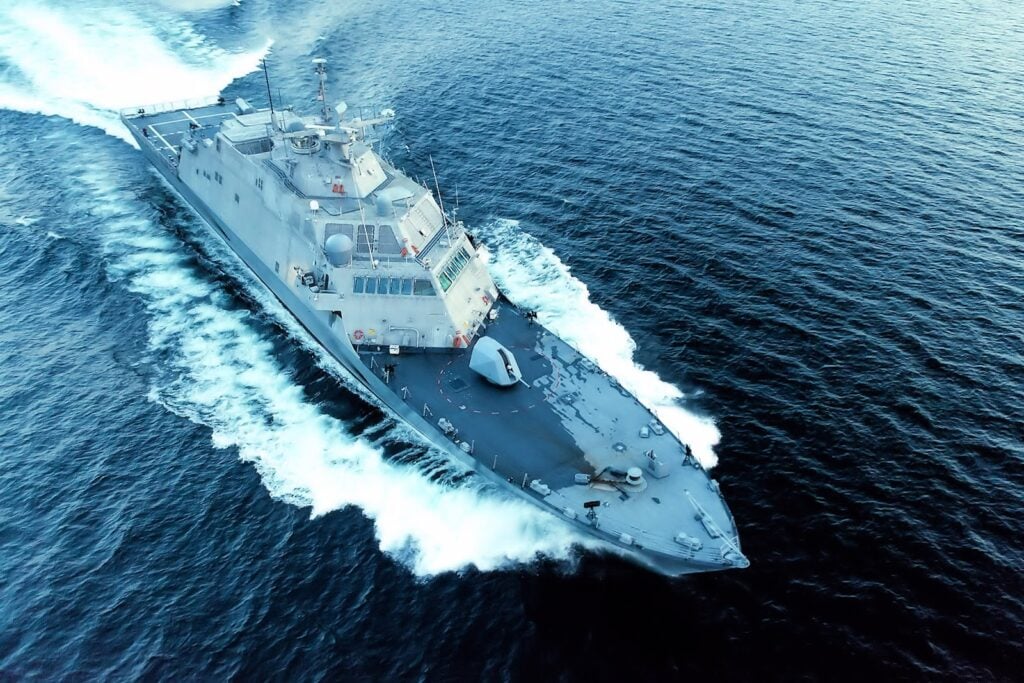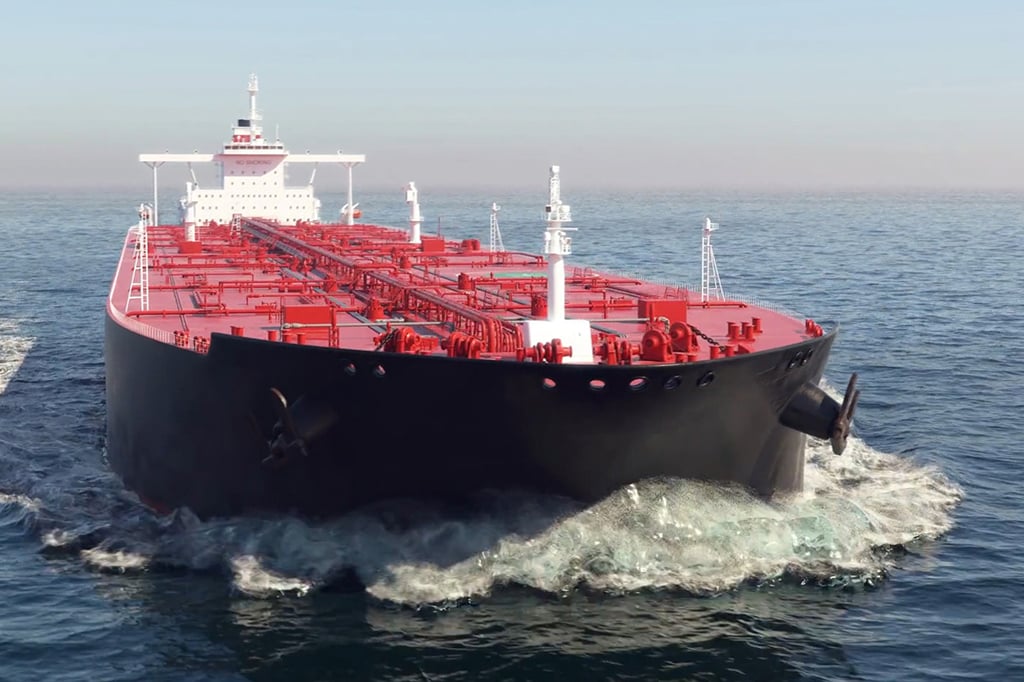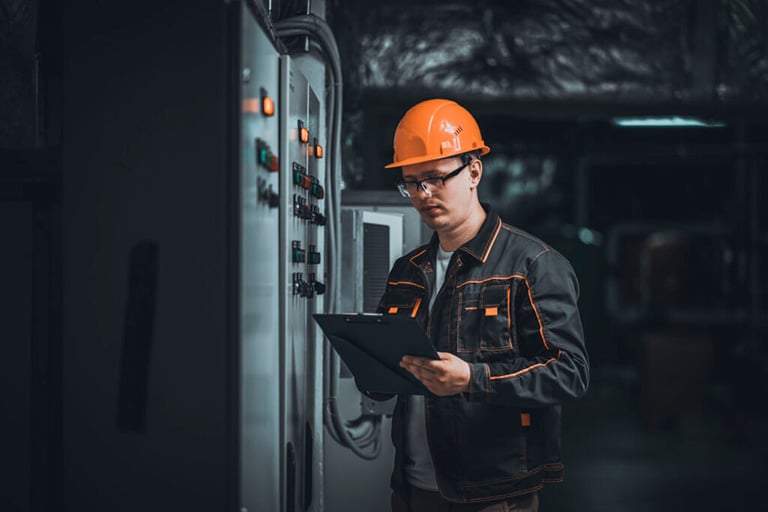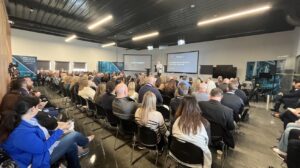The Details
- The Doha Forum in Qatar recently featured a discussion on the role technology will play in achieving net-zero carbon emissions globally by 2050.
- Panelists agreed moving oil-rich nations in the Gulf Cooperation Council (GCC) away from carbon-producing businesses will require economic diversification and innovation.
- The move of emerging economies to first-world status will drive more demand for fossil fuels, creating pressure on industrialized nations to curb their emissions even further.
- SparkCognition CEO and Founder Amir Husain supported the sustainability potential of artificial intelligence technology and promoted crypto technology as a difference-maker for Gulf economies.
As the world’s major powers work to reduce their carbon emissions in the coming decades, background factors and demands will require innovative technology companies to play a more significant role than ever.
This was the message at the March gathering of the Doha Forum in Qatar, which brought together policy and business leaders from across the globe to discuss critical challenges facing the world.
Panelists for the discussion titled “Creating Sustainable Growth in the Gulf as the World Transitions to Net-Zero” talked about the need for leading industrialized nations to curb their reliance on oil and natural gas as emerging countries continue to increase demand for those fuels to increase their standards of living. With Qatar and neighboring countries historically depending on oil and gas production to drive their economies, opportunities arise for new technologies to diversify the makeup of their Gross Domestic Product and employment pictures.
Data leads to sustainability, investment
SparkCognition’s founder and CEO Amir Husain identified two specific examples of how technology will play a part in moving the world toward net-zero: reducing electricity and freshwater consumption in industrial processes, and securing government infrastructure through the use of AI-powered cybersecurity measures.
Husain noted the positive results SparkCognition achieved with a major U.S. beverage company in reducing water consumption, as well as its work with German manufacturing conglomerate Siemens Energy to improve cybersecurity protections, as powerful demonstrations of what is capable when ambitious goals are set around the world.
“The one consistent force through man’s history over 5,000 to 10,000 years that’s caused a betterment universally in living conditions, that one force is technology,” he said. “Artificial intelligence and crypto–powered software ecosystems can be brought to Qatar to solve problems that are not hypothetical but are the problems that exist today around water and energy and sustainability. The question is, how can we bring these things here?”
Ketan Patel, Chairman of Force for Good and CEO of Greater Pacific Capital, said Force For Good’s analysis found that more than 100 major world investment groups have made the choice to exclude carbon-producing projects from their portfolios. With those groups controlling much of the estimated $400T in available capital across the globe, that means Qatar and other countries in the Gulf Cooperation Council will need to change their growth strategies and diversify their economies away from oil and natural gas production in the coming years.
“There is a broad consensus that we have to make a transition. The speed of that transition is unclear, but, actually, there’s a lot of pressure to make sure it’s 2050,” he said, referring to the Paris Agreement’s goals of reaching net-zero carbon emissions by 2050.
While some estimates say there is already an investment shortfall of $25T to $40T in projects that will make carbon neutrality possible, Patel puts the number much higher and said Qatar and peer countries have an opportunity to lead the world by making massive investments themselves.
“We’ve recalculated that number for the pandemic, and for the misery it’s caused, around the world and the number is closer to $100T dollars of shortfall. So here is the opportunity for the Gulf and for the rich states in the Gulf obviously who have deep pockets,” said Patel. “Given the crises we now see in Europe for energy, I would say the massive opportunity is for the Gulf to start to fund the sustainable development goals themselves.”
Diversification needed across the Gulf region
The balance between achieving environmental goals and diversifying the economies of Gulf nations will be difficult since the GCC accounts for 37% of the world’s oil production and 22% of all natural gas, with fossil fuels accounting for up to 85% of the total revenue of some of the governments in the region.
H.E. Ahmad bin Mohamed al-Sayed, Minister of State and the Chairman of the Board of Directors of the Free Zones Authority said major world powers including the U.S., China, and Europe together will need to make substantial cuts to their emissions quickly, as Gulf nations work toward diversifying their economies so they rely less on revenues from oil and gas.
“The Gulf itself is facing the need for diversification because at the end we need to reduce the reliance on oil and gas. There are a lot of things that need to be considered to also be fair and balanced,” he said.
“Qatar is doing a lot, especially with modern infrastructure to focus on being advanced and sustainable that will allow serving the private sector and more international investment. We have big data and advanced mobility and agri-tech and health care… our people are doing a lot and we are continuing the commitment to do more towards green investment and sustainability.”
Drawing on his experience as a startup founder and his familiarity with emerging technologies, Husain said Qatar and other Gulf nations could become a magnet for entrepreneurs interested in projects built on blockchain and cryptocurrency that aren’t widely accepted around the world.
Singapore and Switzerland are two advanced countries that have shown the most interest in embracing those technologies, Husain said, with Qatari business interests able to attract and invest in new companies that could potentially grow into major corporations without the need to rely on fossil fuels.
“There is a shift underway in how software is built. The model of venture capital that is putting money in a company and multiple rounds going by and equity being distributed, this is being disrupted somewhat by a new model where developers mostly own what they do,” he said.
“Crypto is new as a way of financing and it’s very hard to find jurisdictions where large, serious projects of this type can really take off. Singapore and Switzerland are two such places that are really doing good work in this area, but I think Qatar should be the most serious in terms of its commitment and in terms of the strength with which it enables crypto-powered companies to come into the free zone and innovate.”
To learn more about how SparkCognition applies AI and machine learning to advance sustainability, click here.

